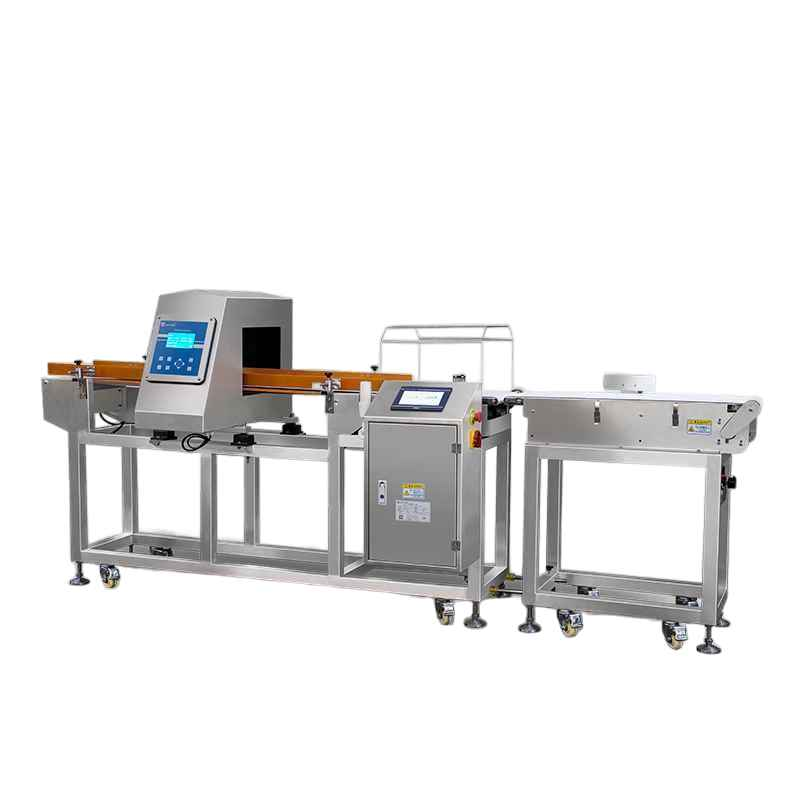Ensuring food safety is a top priority for manufacturers, and adhering to metal detection standards is an essential component of this process. The presence of metal contaminants can pose serious health risks to consumers, leading to costly recalls and potential damage to brand reputation. Therefore, understanding the relevant standards for food metal detectors is crucial for businesses looking to comply with industry regulations and maintain consumer trust.
Key Standards for Food Metal Detectors
The food industry adheres to several key standards when it comes to using food metal detectors. These standards are often dictated by regulatory bodies such as the FDA in the United States and EFSA in Europe. Metal detection equipment must be capable of identifying various contaminants, including ferrous, non-ferrous, and stainless steel materials, across diverse product types. Adhering to these standards helps ensure that food products remain safe for consumption and meet legal requirements.
Importance of Sensitivity and Calibration
A critical aspect of selecting a food metal detector is its sensitivity. Detectors must be calibrated correctly to identify even the smallest metallic contaminants. The sensitivity requirements can vary depending on the type of food being inspected; for instance, poultry products may require different sensitivity levels compared to solid nuts. Regular calibration and testing against known standards are vital to maintain accuracy and reliability in detecting contaminants.
Selecting a Reliable Food Metal Detector Manufacturer
Choosing the right food metal detector manufacturer is crucial for ensuring compliance with industry standards. A reputable manufacturer will provide equipment that meets the necessary specifications while offering ongoing support in terms of maintenance and training. This partnership is essential for ensuring continuous compliance with metal detection standards and optimizing food safety practices.
For businesses striving to uphold high standards of safety in their production lines, Foodman offers the Combi Metal Detector and Checkweigher FMD-210. This innovative system excels in detecting metal contaminants across a wide range of products, including meat, poultry, seafood, and more. With its compact design, Foodman’s solution saves valuable space and installation costs, making it an ideal choice for manufacturers looking to enhance their quality assurance processes.
